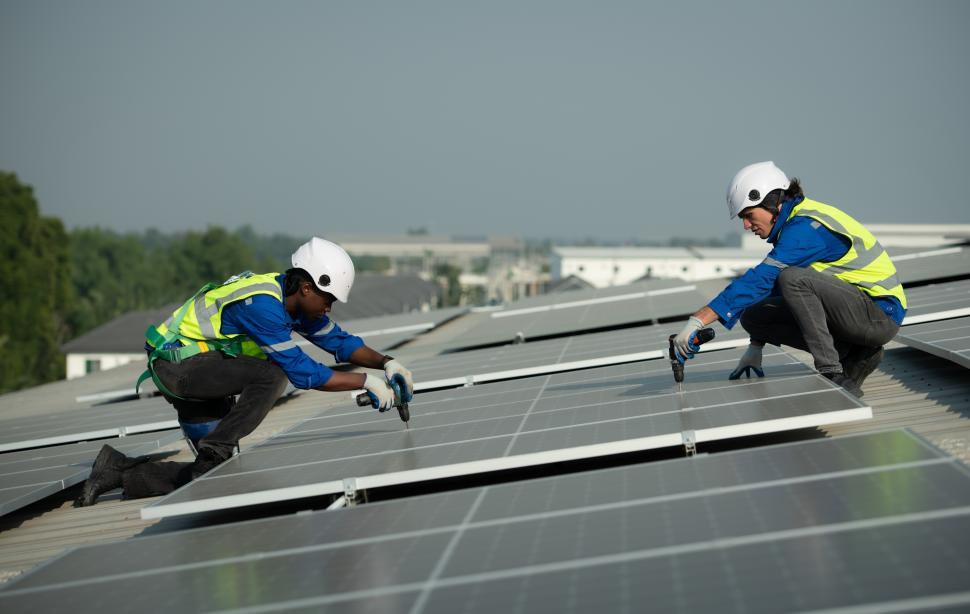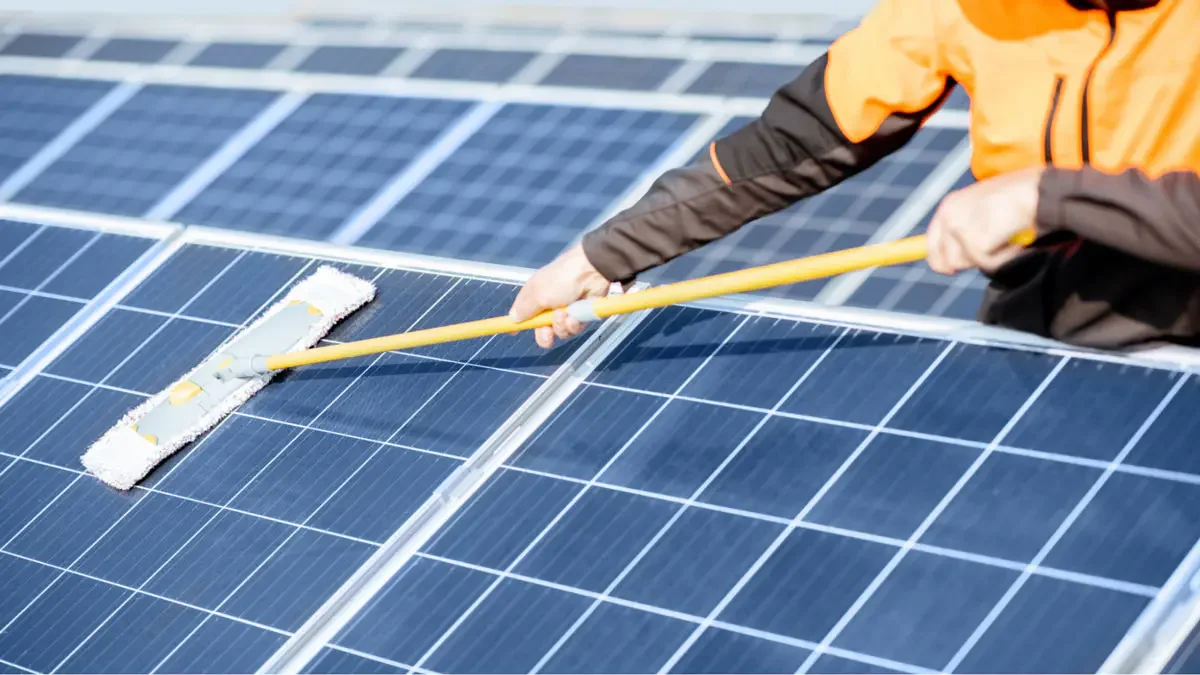Introduction
Proper maintenance of your solar photovoltaic (PV) system is essential for maximizing energy output, extending lifespan, and protecting your investment. While solar panels are generally low-maintenance, regular inspections, cleaning, and monitoring help avoid performance drops and prevent costly repairs.
This guide provides comprehensive advice on maintaining all components of a solar PV system, including panels, inverters, batteries, wiring, and monitoring tools. Whether you are a homeowner, business owner, or facility manager, these tips ensure your system performs at its best.
Why Solar Maintenance Matters
Even the most efficient solar panels can lose 5–20% of their energy output over time due to dirt, shading, component degradation, and electrical issues. Regular maintenance can:
- Ensure consistent energy production and cost savings.
- Extend the lifespan of panels, inverters, and batteries.
- Prevent small issues from becoming major repairs.
- Maintain warranty compliance and safety standards.
Cleaning Solar Panels
Accumulation of dust, bird droppings, leaves, and debris can reduce panel efficiency by up to 25%. Cleaning panels is a simple yet crucial maintenance task.
How to Clean Panels
- Use soft brushes, microfiber cloths, or low-pressure water to avoid scratching surfaces.
- Clean during cooler parts of the day, ideally in the morning or evening, to prevent thermal shock.
- Avoid harsh chemicals; plain water or mild soap is sufficient.
- For rooftop panels, hire a professional for safe access.
Frequency of Cleaning
Panels in dusty or dry areas may require cleaning every 1–2 months. Panels in areas with frequent rainfall may only need annual checks.
Inspecting the System
Regular inspections help identify early signs of wear or damage.
Panel Inspection
- Check for cracks, discoloration, or delamination.
- Ensure mounting hardware is secure and corrosion-free.
- Look for shading changes due to growing trees or new structures.
Electrical Components
- Inspect cables for wear, cuts, or loose connections.
- Check DC isolators, fuses, and junction boxes for integrity.
- Verify proper grounding and surge protection devices.
Inverter Checks
- Confirm inverter display shows normal operation.
- Monitor error codes or warnings.
- Ensure ventilation is unobstructed to prevent overheating.
Battery Maintenance
- Check charge levels and cycling performance.
- Inspect for leaks, swelling, or corrosion.
- Follow manufacturer recommendations for maintenance intervals.
Monitoring System Performance
Modern solar systems often include monitoring software that tracks energy production and consumption in real-time. Monitoring provides:
- Alerts for underperformance or system faults.
- Insights into energy usage patterns.
- Data to optimize system efficiency and ROI.
Troubleshooting Common Issues
Despite robust design, solar systems may encounter problems. Common issues include:
- Reduced output: Often caused by dirt, shading, or panel degradation.
- Inverter errors: Check connections, temperature, and input voltage.
- Battery underperformance: May indicate aging, improper charging, or temperature issues.
- Cable or fuse failures: Inspect for loose connections, corrosion, or rodents.
Seasonal Considerations
Solar systems are affected by seasonal changes:
- Winter: Shorter daylight hours reduce energy output; ensure panels are free of snow if applicable.
- Summer: Higher temperatures may slightly reduce panel efficiency; ensure proper ventilation.
- Rainy seasons: Check for debris accumulation in gutters or roof channels that may shade panels.
Safety Tips
- Always turn off the system before performing electrical work.
- Use insulated tools and appropriate personal protective equipment (PPE).
- Do not walk on panels; use designated roof paths or ladders safely.
- Engage licensed electricians for major maintenance or electrical troubleshooting.
Extending System Lifespan
Regular maintenance directly extends the life of your solar PV system:
- Maintain clean and debris-free panels.
- Check mounting hardware to avoid stress or movement.
- Ensure inverter ventilation and battery conditions are optimal.
- Document maintenance and inspections for warranty compliance.
Professional Maintenance Services
While homeowners can handle basic cleaning and visual inspections, professional services provide:
- Comprehensive electrical checks and performance testing.
- Advanced monitoring and reporting for system optimization.
- Preventative maintenance to avoid costly repairs.
- Compliance verification for warranties and insurance claims.
Conclusion
Solar PV systems are durable and low-maintenance, but regular cleaning, inspection, monitoring, and professional servicing are essential for maximizing performance and longevity. By following these maintenance tips, you can ensure your system delivers reliable, clean energy for decades while protecting your investment.


